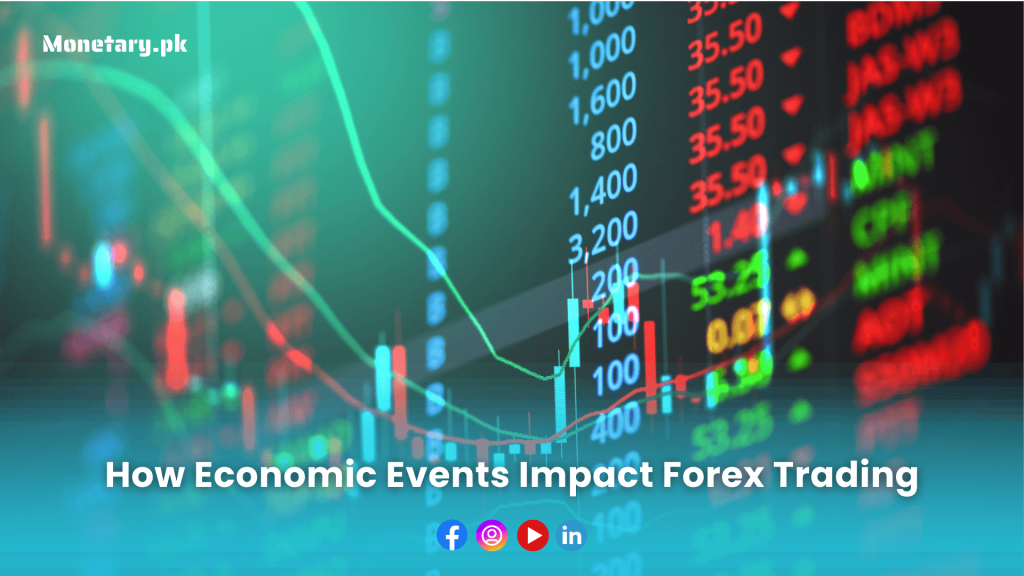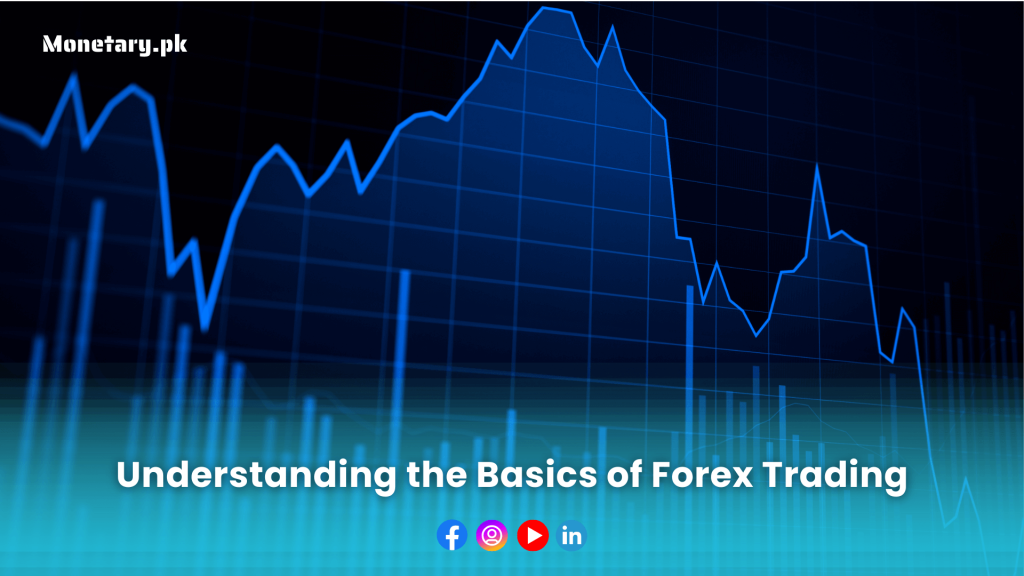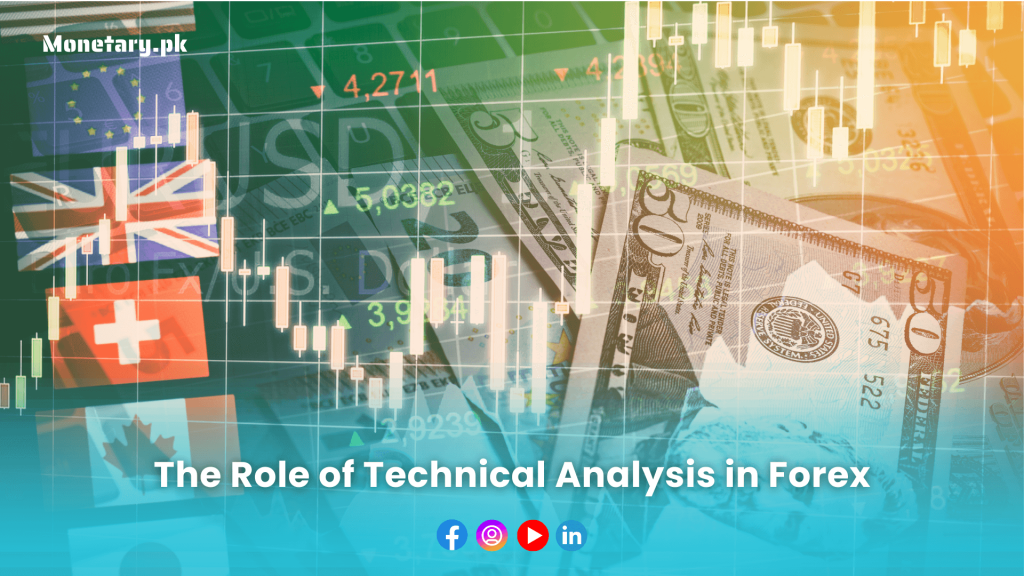Forex trading is heavily influenced by economic events, causing currency prices to change significantly. These events create both opportunities and risks for traders. Key announcements like interest rate decisions, employment reports, and GDP data can make price swings. Traders need to understand the relationship between economic events and market fluctuations to refine their trading strategies and make informed decisions.
Key Economic Events to Watch:
1. Central Bank Interest Rate Decisions
When central banks change interest rates, it affects the value of a currency. Higher interest rates make a currency more attractive for investors, increasing it’s value. Conversely, lower interest rates cause the currency value to decline reducing the investors’ interest. This is crucial for Forex traders to know, as it influences currency price changes.
2. Non-Farm Payrolls (NFP) Report
The NFP report is an indicator of US job market, excluding farm workers. A strong NFP report means a lot of new jobs were created, boosting the US economy by increasing the value of USD. But a weak NFP report shows limited jobs access that undermines economic growth and USD value falls. This report significantly impacts market trends and value of US dollars.
3. Gross Domestic Product (GDP) Reports
A country’s GDP is a measure of it’s economic vitality and growth potential. A high GDP indicates a strong economy, fostering investors and driving up currency value. While, a low GDP suggests a struggling economy deterring investments and currency’s value drops.
4. Inflation Data (CPI & PPI)
Inflation indicators, Consumer Price Index (CPI) and Producer Price Index (PPI) are crucial in determining interest rates. High inflation readings trigger central banks to increase interest rates and reduce economic momentum resulting in strengthening the currency. Whereas, low inflation readings may lead to interest rate cuts stimulating the economy weakening the currency.
5. Central Bank Interventions
In forex trading, Central Banks can influence exchange rates by buying or selling their national currency. This can cause significant price shifts and alter market trends. Their interventions can either stabilize or disrupt the market, making their actions an essential factor in forex trading.
6. Monetary Policy Statements
Central Bank statements provide valuable prediction about future economic changes. A hawkish tone often implies interest rate hikes, resulting in stronger currency. And a dovish tone indicates anticipated downturns, leading to weaker currency. Traders use these statements to refine their trading strategies by making informed decisions.
7. Geopolitical Events
Major political events like elections, conflicts, and trade wars can shake up the currency market. As uncertainty grows, investors invest in secure currencies, causing increase in exchange rates. Forex traders need to anticipate market changes by staying ahead of political issues.
8. Trade Balance Data
Trade balance data shows whether a country’s exports surpass imports (surplus) or imports exceed exports (deficit). When a trade surplus, it strengthens the demand of currency because other countries need it’s currency to buy it’s goods. While deficit weakens it as the country needs to buy more from others, using up it’s foreign exchange. So, forex traders use this data to predict how currencies will move.
In short, forex market is influenced by major economic events. Understanding these events and their potential impact on currency values help forex traders make smart choices and keep up with market shifts.









